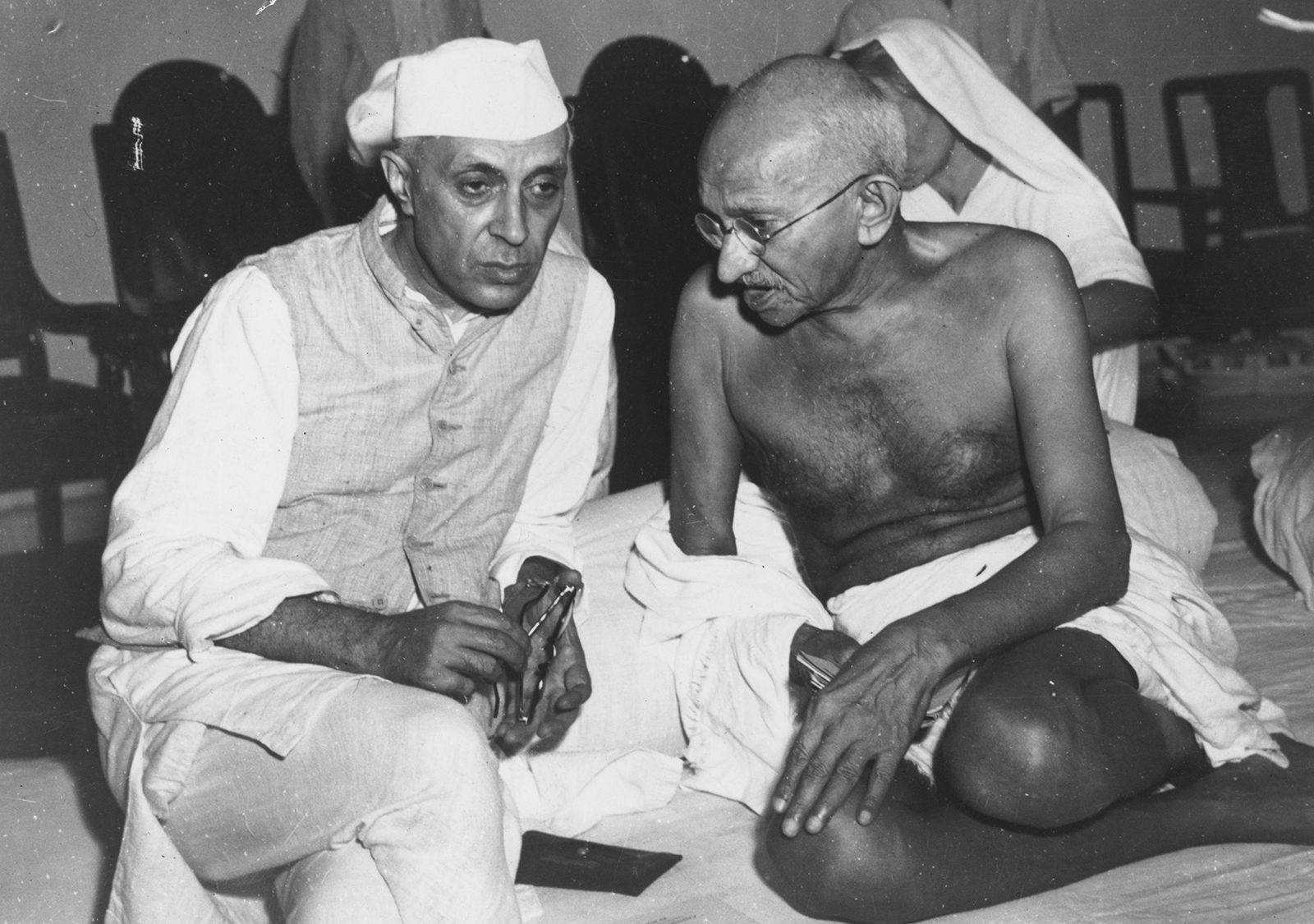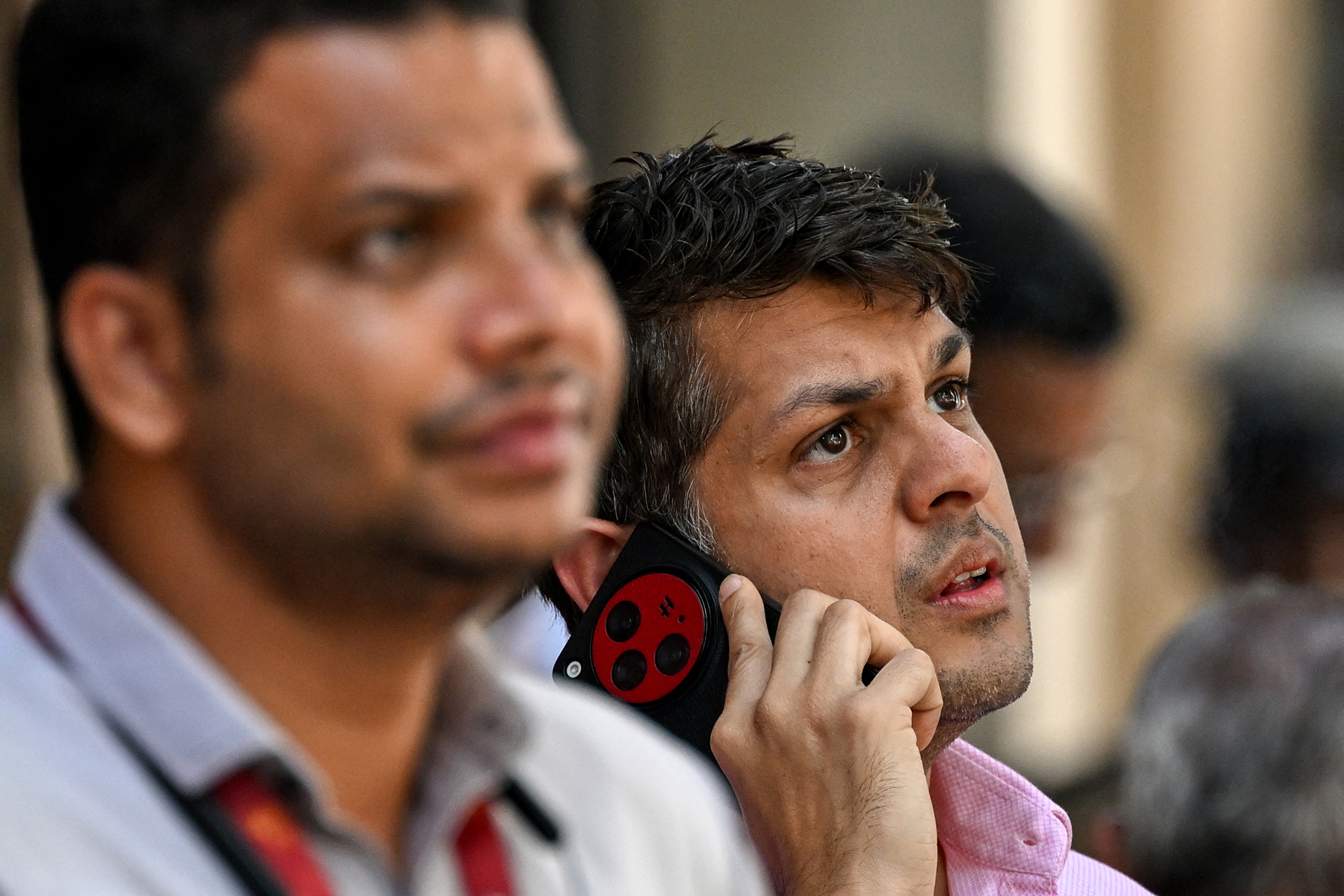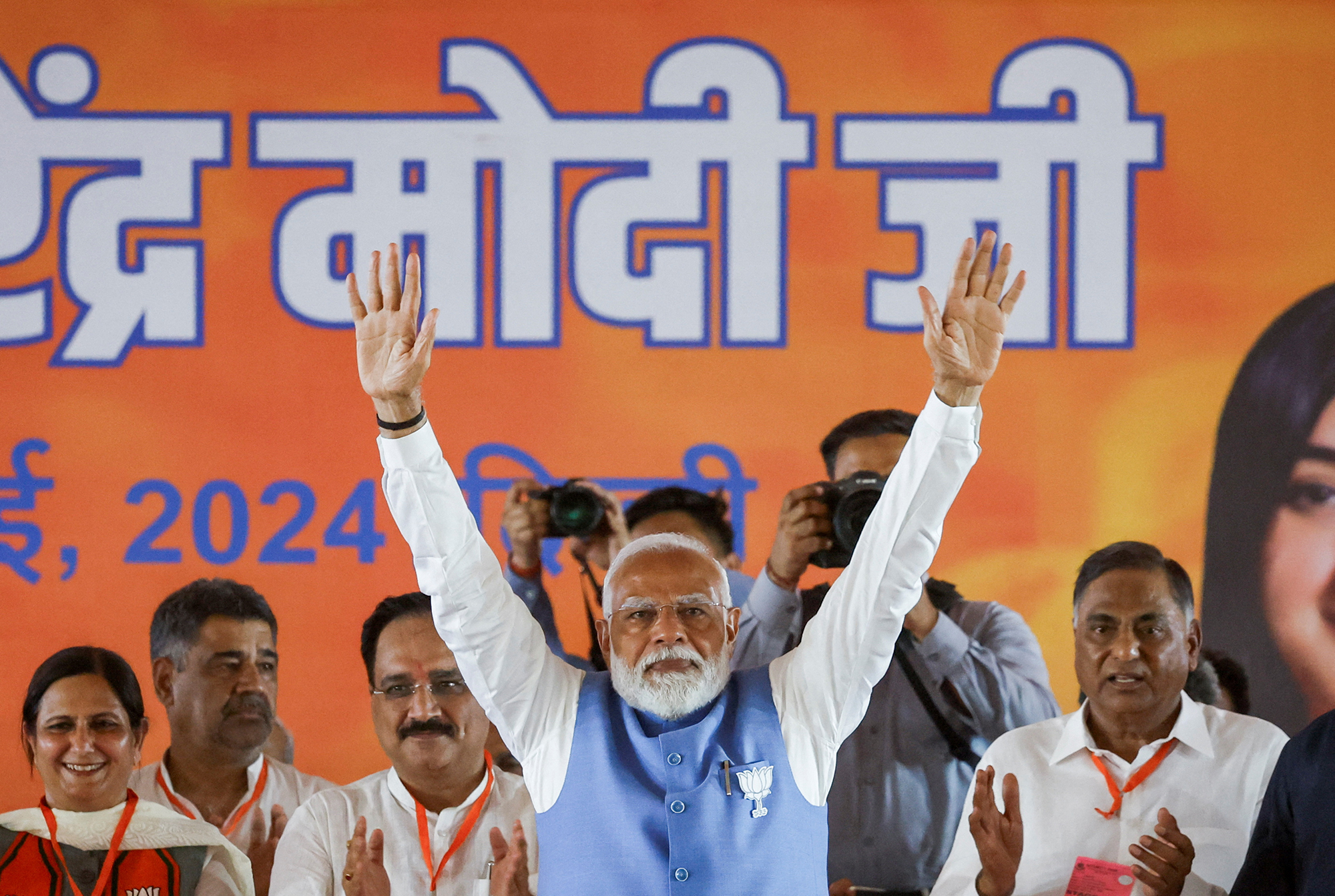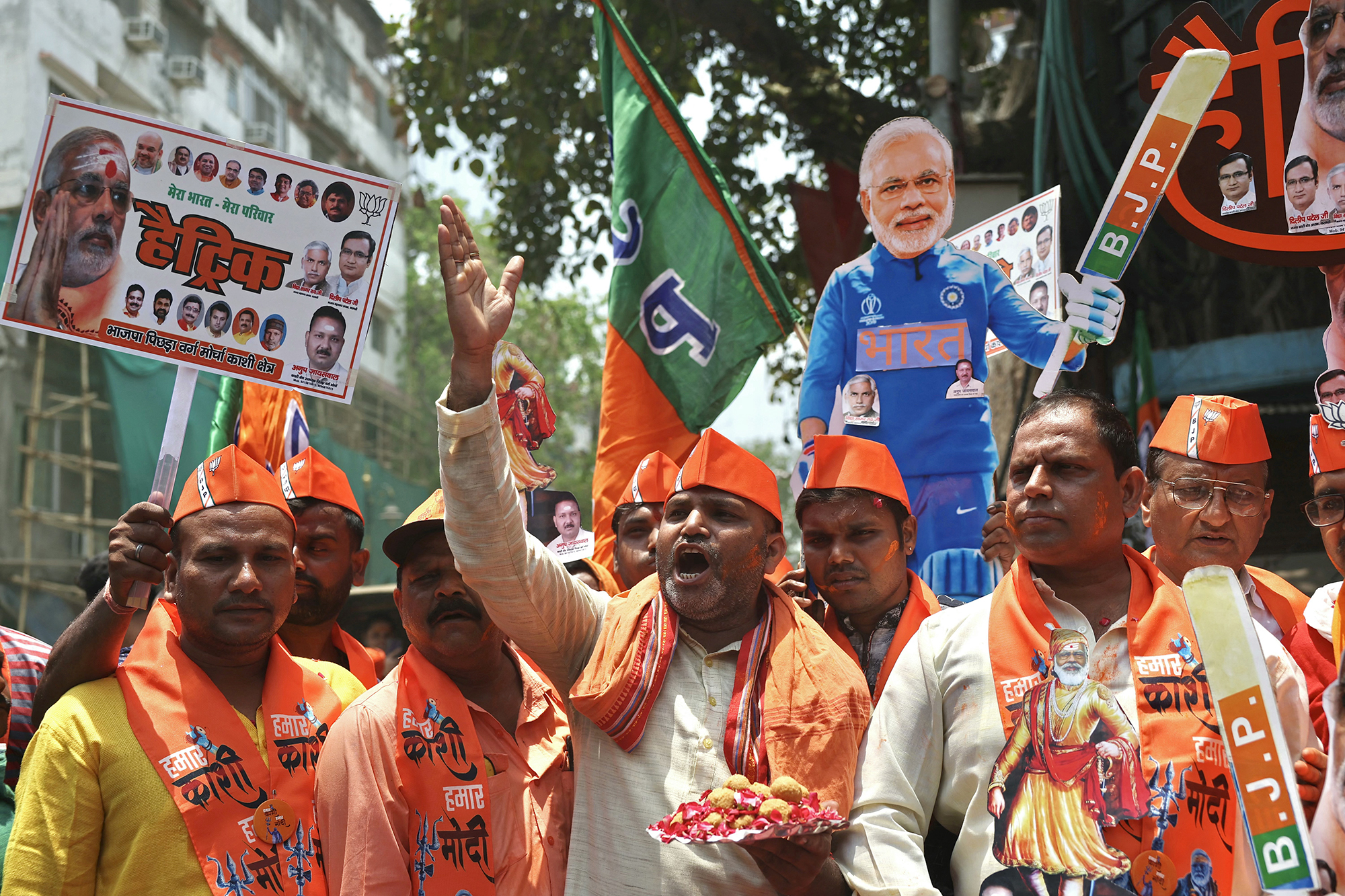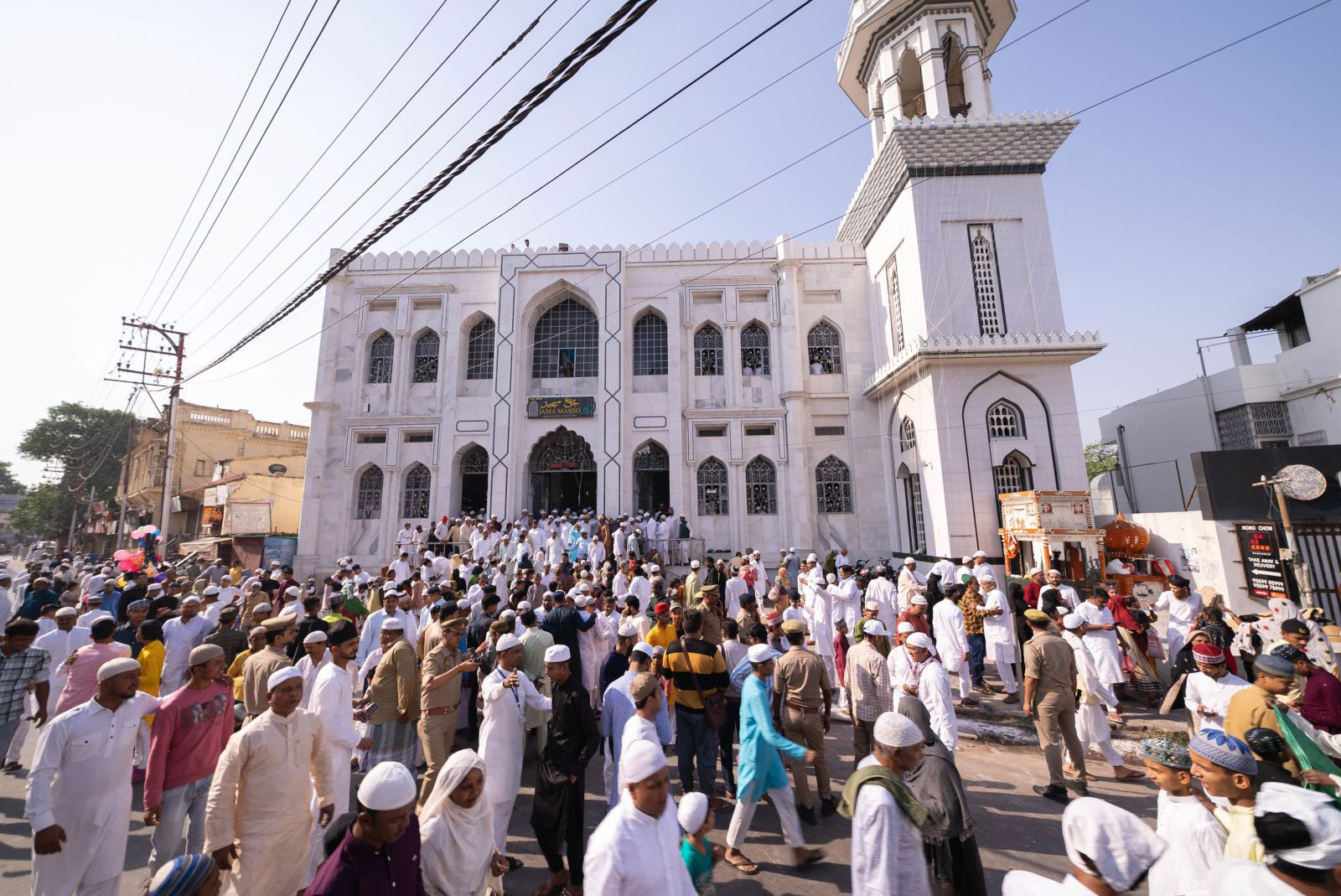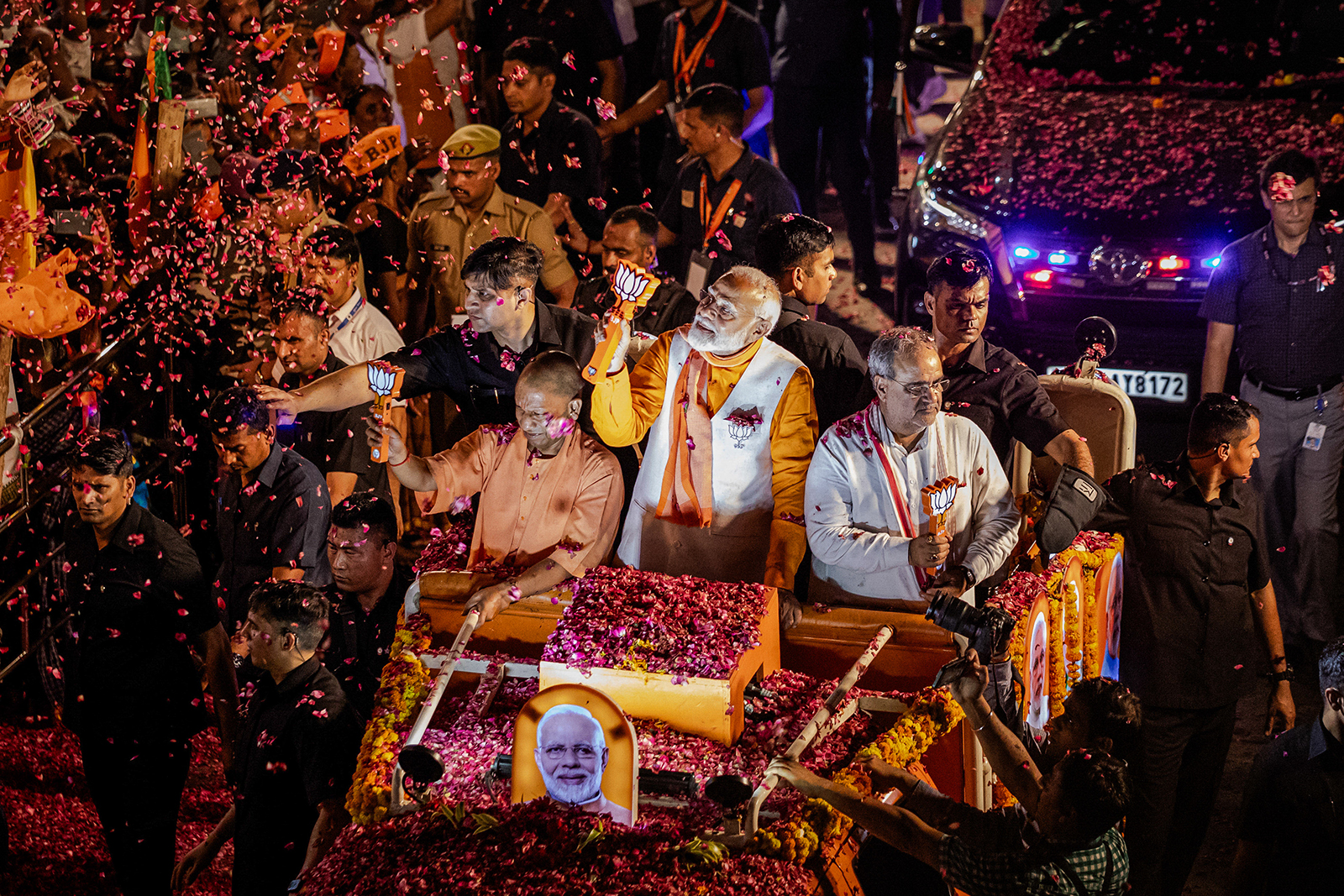
India's 2024 General Election Results: A Closer Look
The results of India's 2024 General Election have started to come in, with the Bharatiya Janata Party (BJP) and its allies leading in many seats. However, early trends suggest that the ruling party may not secure a landslide victory as predicted by some exit polls.
According to various sources,
- The unemployment rate in India rose from 7.4% in March to 8.1% in April.
- During Modi's second term, more than half of the survey respondents stated that it had become more difficult to find a job.
Prime Minister Narendra Modi and his BJP have been seeking a third consecutive five-year term in power. The party has promoted Hindu nationalism in India and is known for its strident political stance.
As of now, the BJP is leading in 241 seats, while the opposition Indian National Developmental Inclusive Alliance (INDIA) is ahead on more than 220 seats. This means that Modi may need to rely on allies to form a government if he falls short of a majority.
The BJP was expected to win a vast majority of seats in West Bengal but currently leads only on 12 seats. The party's politics of humiliation led to discontent among voters, resulting in significant losses in Maharashtra where they were trailing behind the opposition INDIA alliance.
The Congress party, one of the main opposition parties, is leading on several seats as well. The Samajwadi Party (SP) and its allies are also making gains in Uttar Pradesh.
These election results have significant implications for India's political landscape and governance. Stay tuned for more updates as the counting continues.
